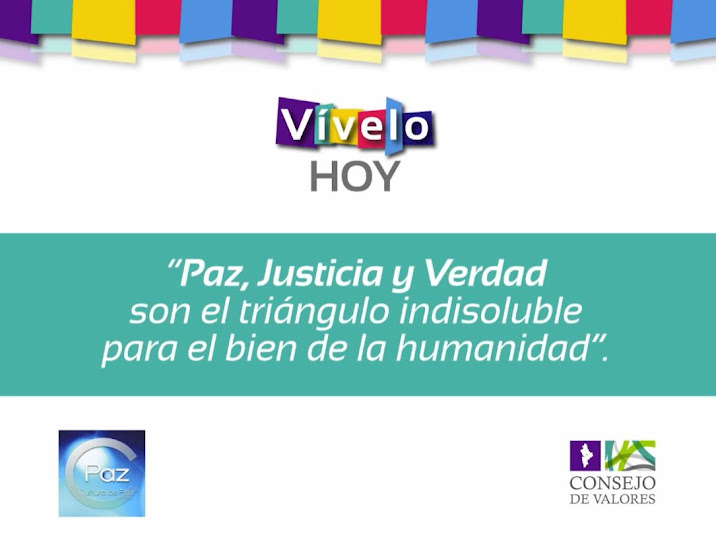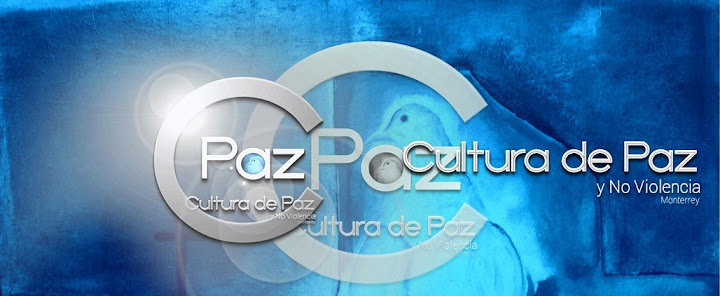Opinión
Invitada
Against
World Revolution – Constructively!
Johan Galtung
Alicante, España. “Unemployment in Spain Tops 6.1M” –
Unemployment rate is 26.6 percent; for those under the age of 25, 56.5 percent;
all growing, all EU records. “Bank of Spain inspectors pen damning report about
wrongdoing in Spanish banks: look the other way” was the reaction, while the
government spends billions of Euros to bail out those banks. (El País,
early January 2013).
And
this: “300 Madrid health chiefs resign over privatization”; “Locksmiths in
Pamplona refuse taking part in evictions involving families with young
children”; “Theater chief sells carrots at 13 Euro as entrance ticket” –
value-added tax down from 21 to 4 percent for food; “Mothers strip for erotic
calendar to drum up funds for canceled school buses”. A country rapidly
de-developing, into low Third World levels, even in health. A country not only
saving banks rather than people but also letting the banks get away with
crimes. A country reacting with mini-revolutions, nonviolence, civil
disobedience against such glaring injustices. A country where the class war is
over for the time being; capitalism won and more particularly the bankers and
their servants, the politicians, and even more particularly the
finance-speculation capital. And this in a Spain close to 40 years into
democracy after 40 years of Franco dictatorship. Constitution + democracy +
elections + human rights (also to property) + parliament vs finance
capitalism. Weak vs strong.
What is Spain, and EU heading for, what
is further down the road?
Rather obvious: “more of the same”.
There will be not only poverty but also widespread misery; people with capital
by and large will survive intact. But then, Spain–like the USA, the model–is
heading for a divided society, one part for the well-to-do, the other for the
rest, from upper-middle class down to crime and prostitution. Like the 19th
century societies in Tolstoy’s Anna Karenina, Jane Austen’s Pride and
Prejudice, and Marcel Proust, sharply divided between those who lived off
capital–including land–and those who worked for a living.
The former had receptions, balls,
travels, card games and culture, busying themselves and marrying their
offspring into wealthyer families. The latter served them, busying themselves
with survival. The rich will live more and more in enclosed security
communities, as larger amounts of taxpayer money will be spent on secret and
open police and military.
This cannot and will not stand. There is
already a dialectic of resistance, some of it very creative. And below and
beyond that a very old debate takes shape. The big-bang violent world
revolution (in 2017, around October?), building a new system from scratch? The
slow evolution relying on the time tested institution of democracy? Or – a
third way, many nonviolent revolutions on behalf of humanity?
This column favors that third way in a
crisis-ridden system with untold millions suffering alongside impotent
institutions. But let us first argue against the violent revolution based on
maximizing the contradictions, with no piecemeal evolutions or revolutions: the
Big-Bang.
Given the right moment, after a natural
or social catastrophe, what is left of a dying system can be destroyed. History
may become plastic, ready to be molded: a tabula rasa, waiting for a new
Creator. But is our species–with good intentions–omniscient, omnipotent and
omnipresent enough to play God? The suffering from direct violence may exceed
that of structural violence and not affect those who benefit from the
pathologies; they know how to protect themselves. But there are two strong
arguments against the Big, not only the Bang.
First: we humans are numerous and
diverse, social formulas are few and simplistic; some humans will always find
some shoes pinching. If not today, for sure tomorrow; we forget what fits, not
what pinches.
Second: the problem is not an abrupt,
radical change from an old to a new reality, but ushering in a new world for
everybody everywhere forever. The more we create God in our own image, the more
it becomes obvious that we are not up to it. Some other species, perhaps; not
us.
Three countries presented their
revolutions as iconic for the whole world: France for modernity, the USA for
capitalism and Russia for socialism; one supposedly canceling the other. Look
at them today. Fortunately, large parts of the world do not suffer the
pathologies in the wake of their pretensions: for Russia a counter-revolution,
for the USA the full weight of the crisis of capitalism. And nearly two
centuries after Waterloo Napoleon’s gloire is fading, even in France.
They all suffered from the Western
God-complex: erasing others through invasion and imperialism, imposing their
own formulae. Yet, even they did not have the power to change the whole world
into their own image. Nobody should have that power. There are many options
between the omnipretension to change everything and a stagnant evolution.
Take four approaches to democracy–rule
with the consent of the ruled: multi-party national elections; dialogues to
consensus based on transparency-information-education; referenda
local-national-global on basic issues; petition democracy with
critical-constructive proposals. All of the above, none of them. Who is to say
what the answer is? Rather than imposing majority rule on a
dialogue-consensus culture (West-UN in Cambodia) a range of options for here
and now, not for everywhere forever. Experimenting on behalf of humanity
(Sartre).
Take five approaches to the economy:
capitalism, socialism, social capitalism, localism, Japanese-Chinese
capi-communism; all of the above, none. Who is to say what the answer to
livelihood is?
At the end of socialism in Eastern
Europe there were debates about alternatives: “one country, both systems”, “two
ways to socialism in the same country”, “private cooperative, not state,
ownership”. But all disappeared in capitalism or socialism.
And China? One country, two systems?
Converging, combining the best of both–or the worst? To be watched; a huge
country that could experiment with more than two systems. Like Spain should,
right now.
Johan Galtung. Fundador
de los Estudios científicos sobre la Paz. Director de Transcend: A Peace and
Development Network y Rector de la Transcend Peace University. Fundador del
International Peace Research Institute de Noruega. Profesor Investigador sobre
Conflicto y Paz en la Universidad de Oslo de 1969 a 1977. Mediador en
conflictos internacionales (Sri Lanka, Afganistán, Ecuador, etc.). Ganador del
Premio Nobel Alternativo de la Paz en 1987 y el Premio Gandhi en 1993. Autor de
más de 50 libros y más de 1,000 artículos publicados.
Johan Galtung. Trascend.org. 14/01/13














